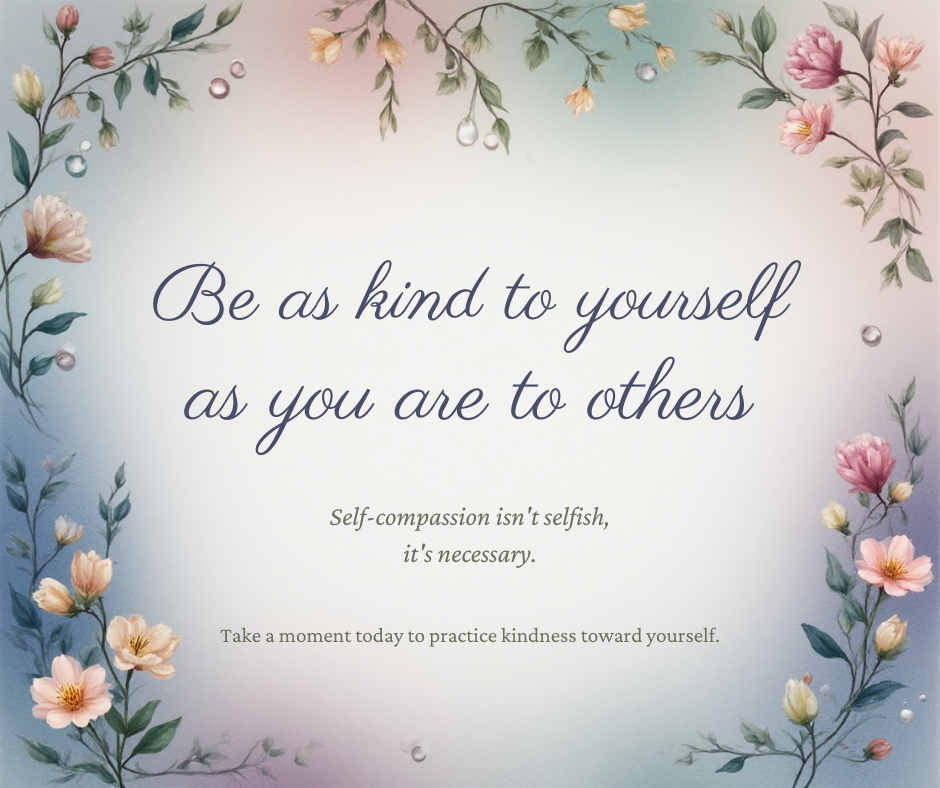Ayurveda : Have you ever felt a subtle whisper from within, urging you to seek a deeper connection with your body, mind, and spirit? In our fast-paced world, it’s easy to feel disconnected, to battle fatigue, stress, or a general sense of imbalance. But what if there was an ancient, time-tested wisdom that offered a holistic blueprint for vibrant living?
Enter Ayurveda, the “Science of Life.” Originating in India thousands of years ago, Ayurveda isn’t just a system of medicine; it’s a profound philosophy and a way of life designed to help you not just survive, but thrive. And the most beautiful part? It’s deeply intuitive and accessible to everyone.
If you’re ready to embark on a journey towards lasting well-being, let’s explore the foundational principles and practical steps of Ayurveda that can empower you to unlock your most radiant self.

Ayurveda’s Core Philosophy: Beyond Symptoms
Unlike approaches that often focus solely on eradicating symptoms, Ayurveda delves into the root cause of imbalance. Its central tenet is profoundly empowering: you are unique. It recognizes that each individual is a distinct blend of natural elements, and therefore, what works for one person might not work for another.
The goal of Ayurveda is not merely to treat illness, but to cultivate a state of optimal balance and harmony within your unique constitution. When we are in balance, our natural healing mechanisms are robust, and we experience vitality, mental clarity, and emotional peace.
The Building Blocks of Life: Pancha Mahabhutas & Doshas
At the heart of Ayurvedic understanding are two fundamental concepts:
- The Pancha Mahabhutas (Five Great Elements): Ayurveda posits that everything in the universe, including our bodies, is composed of five basic elements:
- Ether (Akasha): Space, emptiness, communication.
- Air (Vayu): Movement, breath, circulation.
- Fire (Agni): Transformation, digestion, metabolism, intellect.
- Water (Jala): Cohesion, fluidity, lubrication.
- Earth (Prithvi): Stability, structure, groundedness.
- The Three Doshas (Vata, Pitta, Kapha): These are the three fundamental bio-energies or governing principles that manifest from different combinations of the five elements and regulate all physiological and psychological functions in the body. Understanding your dominant Dosha (or combination of Doshas) is the first, exhilarating step towards self-discovery and personalized well-being:
- Vata (Air + Ether): Governs all movement in the body – breathing, circulation, nerve impulses, waste elimination. When balanced, Vata types are creative, enthusiastic, flexible, and quick-witted. Out of balance, they can experience anxiety, dryness, constipation, or restless sleep.
- Pitta (Fire + Water): Governs digestion, metabolism, body temperature, and transformation. Balanced Pitta individuals are intelligent, focused, courageous, and natural leaders. Imbalance can lead to anger, inflammation, skin rashes, or heartburn.
- Kapha (Earth + Water): Governs structure, lubrication, immunity, and growth. Balanced Kapha types are calm, stable, nurturing, patient, and strong. When out of balance, they might experience lethargy, weight gain, congestion, or emotional attachment.
Understanding your Ayurvedic blueprint is the first step to unlocking true self-care. It’s not about rigid rules, but about gaining insights that empower you to make choices that align with your unique needs.
Key Principles in Practice: Actionable Wisdom for Daily Life
Ayurveda offers practical wisdom that you can integrate into your daily life to restore and maintain harmony:
- Agni: Your Inner GPS for Well-being: Agni, your digestive fire, is considered the cornerstone of health in Ayurveda. A strong Agni ensures proper digestion, absorption of nutrients, and elimination of waste. When Agni is weak, toxins (Ama) build up, leading to disease.
- Practice: Eat warm, freshly prepared meals. Avoid cold drinks during meals. Don’t overeat. Listen to your hunger cues. Sip warm water throughout the day.
- Food as Your Daily Medicine: Food is central to Ayurvedic healing. It’s not just about calories; it’s about prana (life force) and how food interacts with your unique Dosha.
- Practice: Favor warm, cooked, easy-to-digest foods. Eat according to the seasons. Choose foods that balance your dominant Dosha. For example, a Vata person benefits from grounding, moist foods, while Pitta thrives on cooling, non-spicy options, and Kapha does well with light, stimulating foods.
- Dinacharya (Daily Routine): Crafting Your Rhythm: Ayurveda emphasizes the profound power of a consistent daily routine that aligns with natural cycles. This creates stability and allows your body’s natural intelligence to flourish.
- Practice: Wake up gradually before sunrise. Scrape your tongue. Drink warm water. Practice gentle yoga or meditation. Eat your main meal at midday when Agni is strongest. Go to bed early. These little acts of self-love anchor your day.
- Ritucharya (Seasonal Routine): Dancing with the Seasons: Just as nature changes, so too must our routines. Adapting your diet and lifestyle to the changing seasons helps maintain balance and build resilience.
- Practice: Eat seasonal fruits and vegetables. Adjust your activities to the weather. For instance, embrace warming spices in winter and cooling foods in summer.
- Mind-Body Connection: Beyond the Physical: Ayurveda recognizes the inextricable link between our thoughts, emotions, and physical health. Stress and negative emotions can disrupt Doshas and weaken Agni.
- Practice: Incorporate mindfulness, meditation, yoga, or deep breathing exercises into your day. Cultivate positive relationships. Spend time in nature. Nurture joy and gratitude.
Taking Your First Steps: Empower Yourself
Don’t feel overwhelmed by the depth of Ayurvedic wisdom. The beauty of it lies in its practicality and adaptability. You don’t need to overhaul your entire life overnight.
Start small, start simple:
- Observe: Begin by noticing how certain foods or activities make you feel. Do you feel energized or sluggish? Calm or anxious?
- Hydrate: Start your day with a glass of warm water, maybe with a squeeze of lemon.
- Mindful Eating: Pay attention to your food – its taste, texture, and how your body responds. Avoid distractions while eating.
- Consistent Sleep: Aim for a regular bedtime and wake-up time.
- Consider a Consultation: If you’re eager to delve deeper, an Ayurvedic practitioner can help you determine your unique Dosha constitution and provide personalized recommendations.
Conclusion
Ayurveda is not a quick fix; it’s a journey of self-discovery, a loving invitation to listen to your body’s subtle cues and live in harmony with nature’s rhythms. Every small, conscious step you take is a powerful act of self-care, guiding you towards a state of vibrant health and profound inner peace.
Your journey to a more balanced, energetic, and joyful life begins now. Embrace this ancient wisdom, and watch as your most radiant self begins to emerge!







Leave a Reply